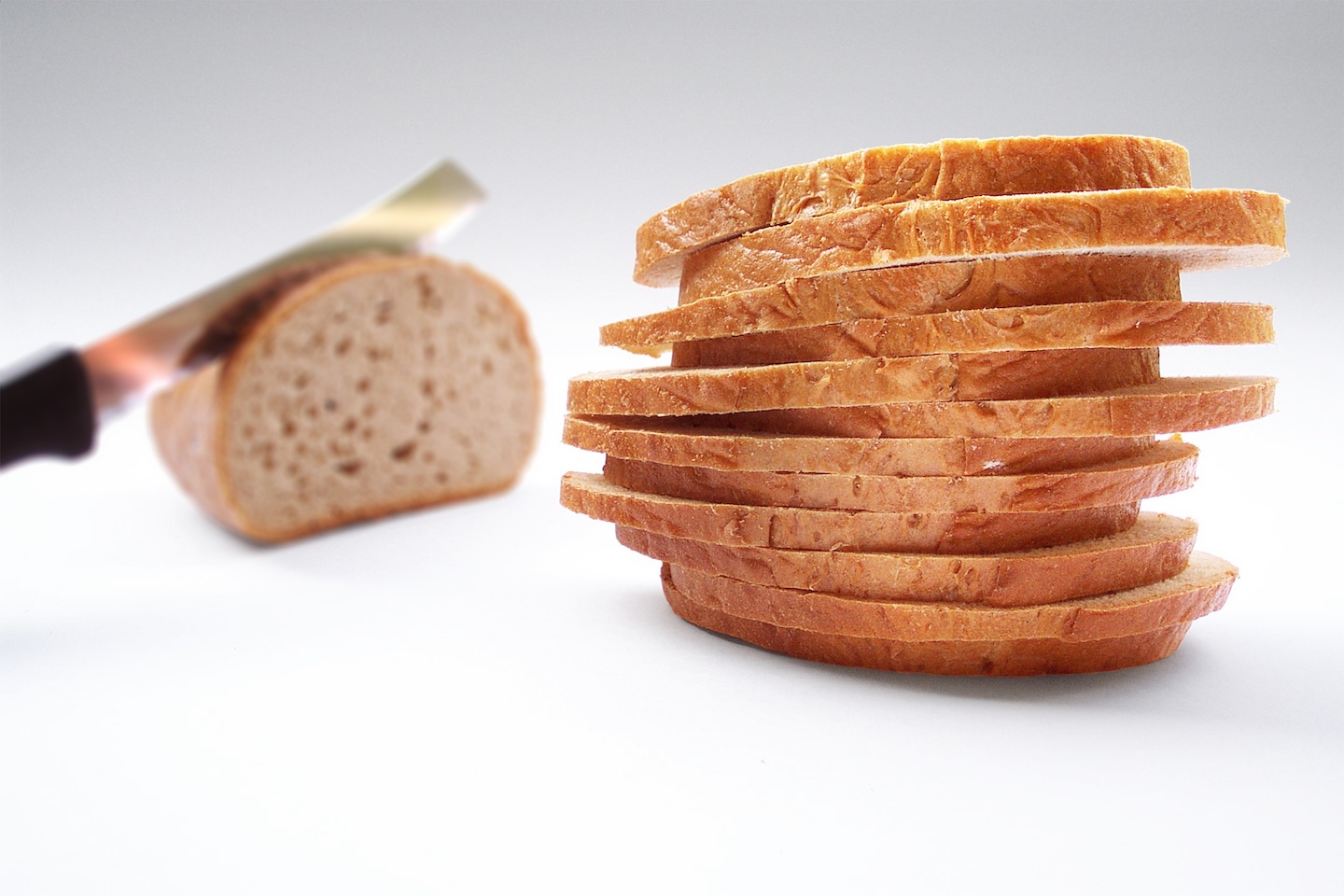
Gluten has become a buzz word in personal health care over the last few years. It’s important to learn more about all foods that you put in your body. Let’s take a closer look at gluten, gluten-free products, and some of the potential health impacts of regular consumption.
The word “gluten” comes from the latin derivative “glutinum”, which means glue. Gluten describes the protein molecules in wheat, rye, oat, spelt and barley. It helps hold breads and dough together, maintaining their texture and shape during baking. All grains have a different combination of proteins, with “gluten-free” grain options identifying the absence of these proteins.
A true gluten allergy can be diagnosed with a blood test. Celiac disease is an autoimmune disorder in which your body has severe reactions to gluten causing bloating, diarrhea, constipation, head-aches, and skin rashes. Chronic fatigue and anemia are also possible symptoms. There is wide spectrum of symptoms, with reports indicating that most people go undiagnosed.
The next category starts to get a little bit tricky. Non-celiac gluten sensitivity describes individuals that experience symptoms typically related with Celiac, but don’t test positive for it. “Sensitivity” opens up a discussion that most of the medical field is still trying to understand. Symptoms are real, and paying attention to how your body reacts to food is an extremely important, yet still underrated personal health practice.
A connected issue to both gluten and gluten-free products alike is the fact that they are typically consumed in the form of highly refined flours. They have a tremendous effect on blood sugar, insulin release and hormone regulation. Along with sugar, diets high in refined carbohydrates have direct correlation with all of the major chronic disease like obesity, heart disease, diabetes, and cancer. The refining process strips grains of their fiber and nutrients, and have to be synthetically enhanced to cover up for defeciencies. A diet high in refined grains could also be producing symptoms similar to those reported with a gluten allergy. Replacing “gluten” refined grains with “gluten-free” refined grains will not solve the underlying problem.
Become a food detective. Start reading labels and questioning what’s in your food. If there is a long list of ingredients, there’s a pretty good chance you’re getting refined flours, sugar, and gluten in there somewhere. Gluten free grains include rice, corn, quinoa, and gluten-free oats. These are safe to explore with. If you still need an occasional piece of toast, try to find a higher quality bread that is made with real whole grains and little else. Alternative flours like, almond and coconut, are now readily available and can be a great replacement for traditional wheat options.
Vegetables, fruits, and true whole grains remain are all carbohydrates that in their natural form, pack a lot of fiber, vitamins, and minerals. Part of an evolving personal health practice is eliminating processed foods for nutrient dense real foods. Food has the power to heal you or make you ill and everyone has their own biochemical recipe. Start the process of paying attention to what works for you.

